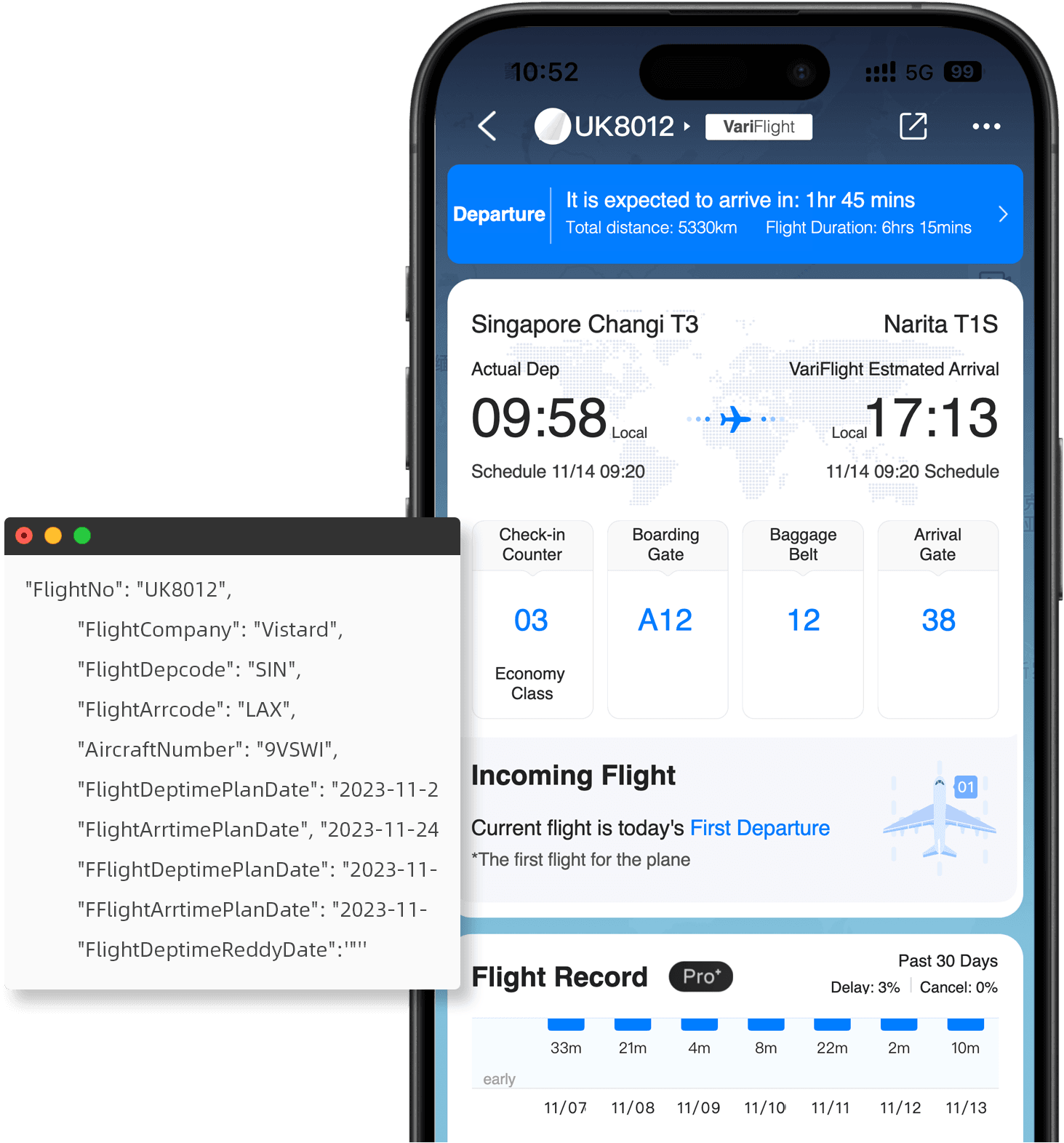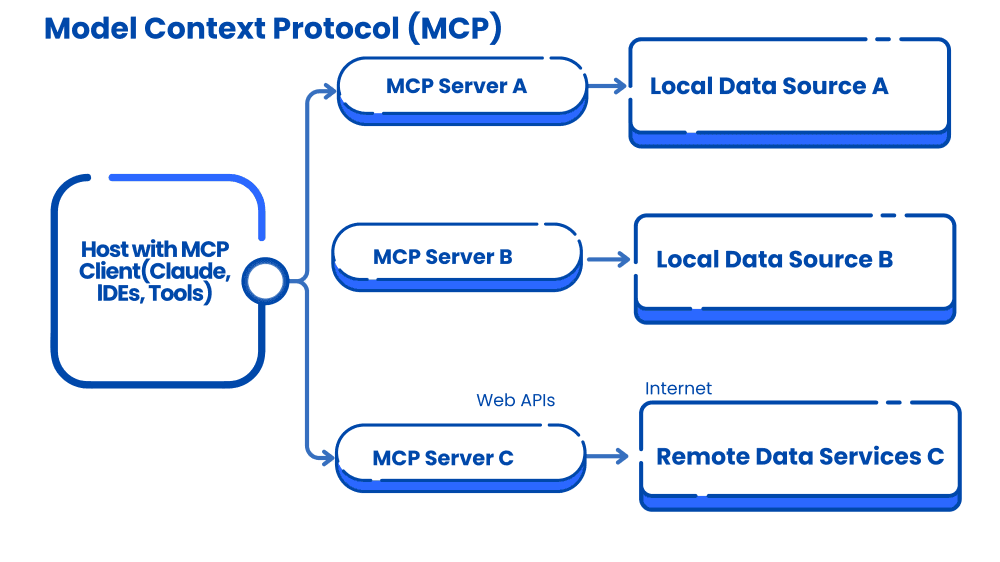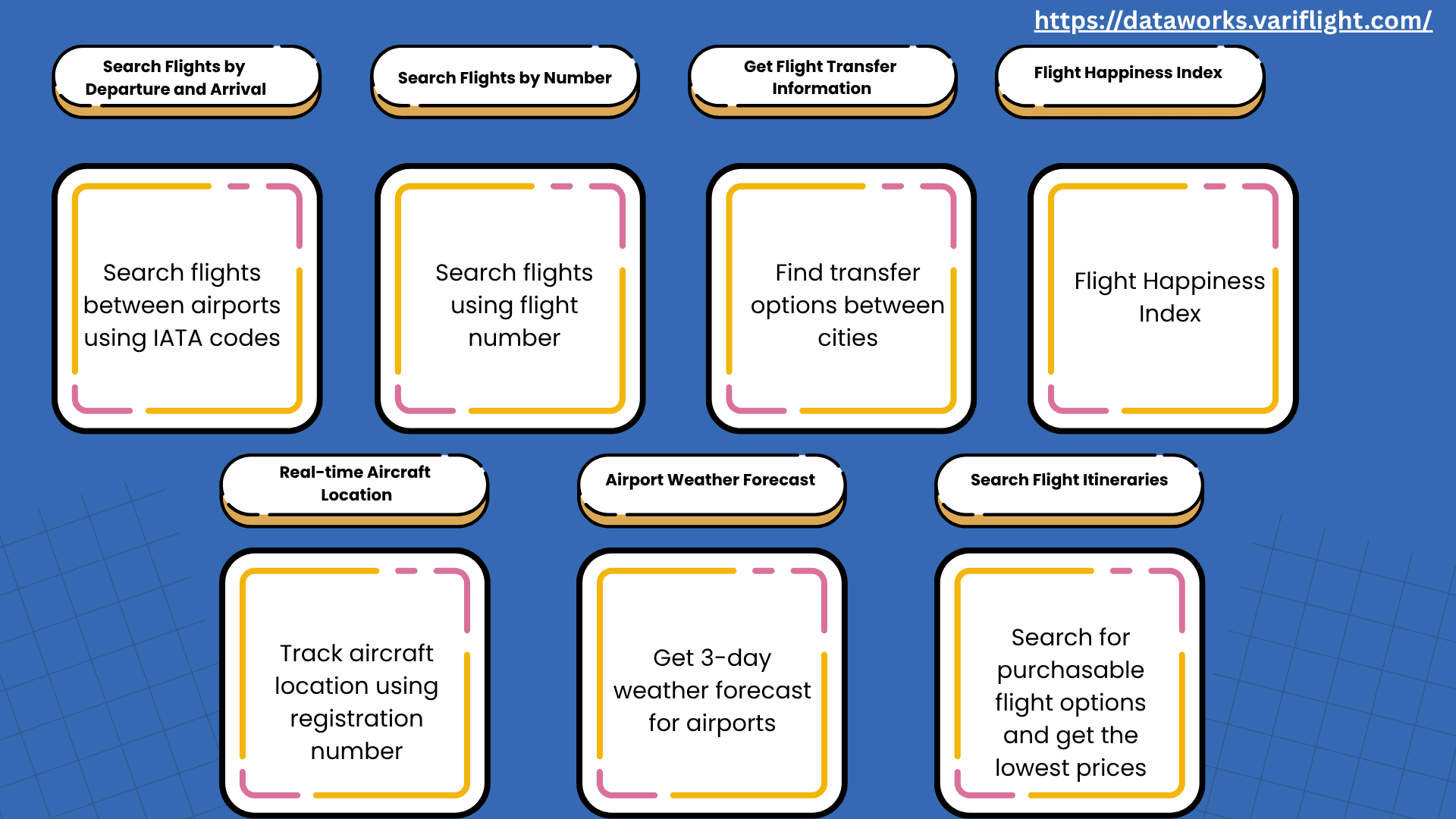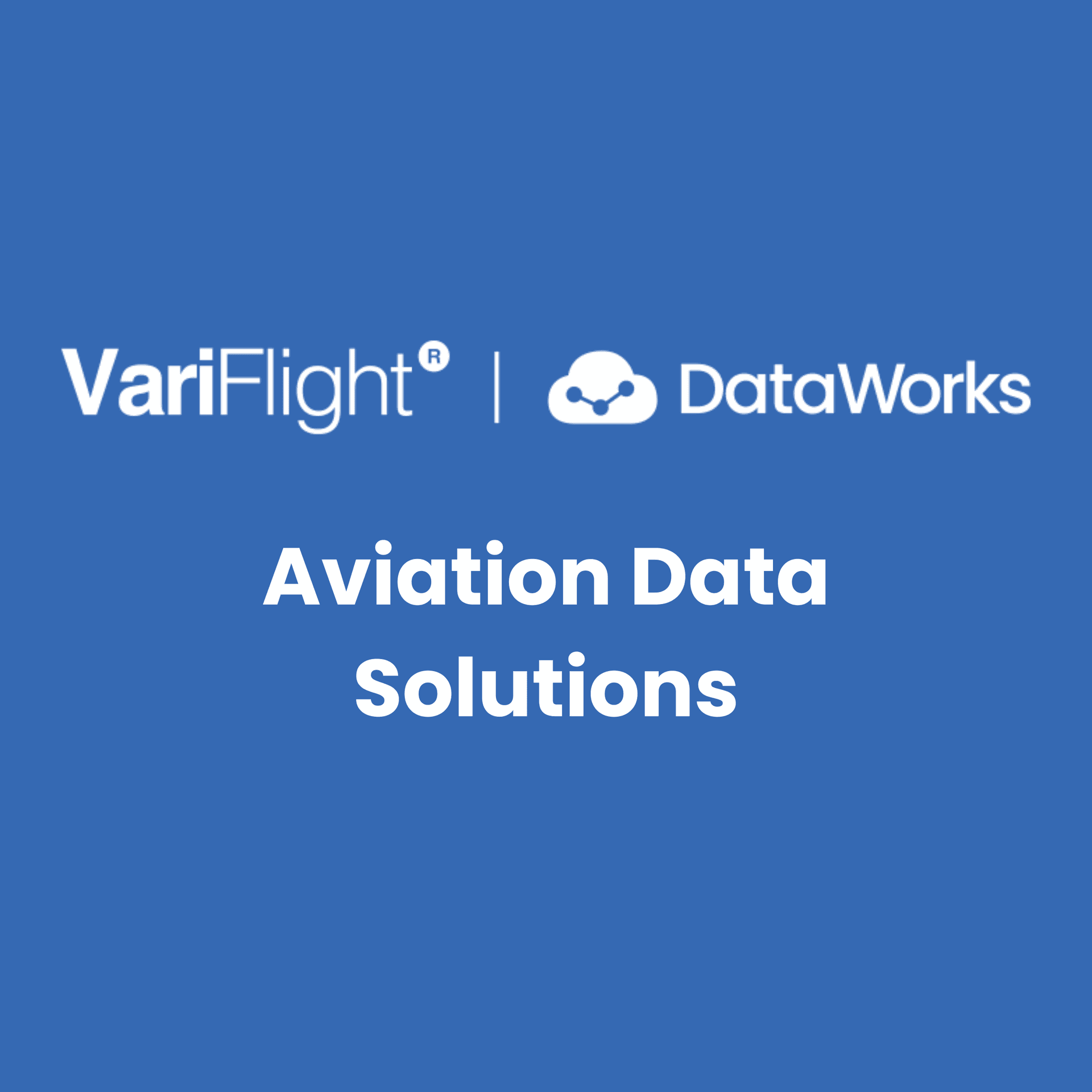How VariFlight’s AI-Powered Flight MCP Server Is Transforming the Air Travel Experience
Da
VariFlight’s Aviation MCP Server uses AI to give travel platforms, mobility services, and insurers real-time flight data, predict delays, and deliver personalized journey insights.
Travelers today want reliable and clear information. AI flight data systems are now important for making travel easier.
AI Reshaping the Air Travel Ecosystem
Artificial Intelligence (AI) is changing the travel industry. It connects airlines, travel platforms, and service providers into one smart data flow.
Unlike traditional flight status tools that only report what happened, VariFlight’s MCP Server looks at live and past data at the same time. It identifies trends and possible disruptions before they impact end users.

For B2B partners like online travel agencies (OTAs), travel management companies (TMCs), and mobility apps, this means quicker responses. It also means more accurate flight status updates and better communication with travelers.
Predicting Delays Before They Impact Travelers
Flight delays are among the most frustrating experiences for passengers. Most systems react after the disruption occurs. VariFlight’s MCP Server changes that.
Using VariFlight’s big historical flight database and AI prediction models, the MCP Server finds early signs. It looks at factors like weather, air traffic, and ground congestion—sometimes hours ahead.
This allows integrated partners to update passengers proactively. Travel platforms can now say, “We’ve updated your itinerary because your flight may face a delay.”
This is better than just saying, “Your flight is delayed.”
AI changes reactive updates into proactive care. This builds trust between digital travel brands and their customers. It also helps reduce traveler frustration.

Enabling Smarter Coordination for Digital Travel Partners
Any delay or change in flight times affects connected services. This includes ride-hailing, hotel check-in, insurance checks, and airport transfers.
The Flight MCP Server doesn’t run airport operations — it simply helps partner companies respond faster by sharing real-time flight data.
For example:
A TMC can automatically rebook a traveler to the next available flight when a high delay probability is detected.
A mobility app can adjust pickup schedules based on the latest estimated arrival times.
A hotel booking system can update expected guest check-in time using live flight data.
This shared data intelligence reduces waiting times, avoids manual coordination, and ensures that the traveler’s experience remains smooth even when plans change.

Personalized Travel Insights for Smarter Journeys
Beyond operations, AI enhances the traveler’s personal decision-making. Connected platforms powered by VariFlight’s data can provide contextual insights—such as flight punctuality scores, route reliability, and crowd-level predictions.
Travelers can now choose between flights not only based on price but also on performance consistency and delay risk.
Imagine your travel app telling you: “Leave 20 minutes earlier—bad weather and heavy air traffic might slow things down.”
With simple, clear tips like this, travel feels easier and more predictable—all thanks to the MCP Server quietly working in the background.
AI-Powered Integration Across Global Systems
The real value of the Aviation MCP Server lies in its interoperability.
It acts as an AI middleware, connecting diverse systems—booking engines, mobility services, insurance APIs, and airport data feeds—into one trusted information network.
This ensures every connected partner works with the same verified flight data.
Some use cases include:
Insurance providers verifying disruptions in real time for instant claim processing.
Mobility platforms adjusting routes and schedules according to live flight progress.
Travel agencies displaying consistent, accurate status updates across apps, emails, and customer portals.
Instead of fragmented updates from different data sources, the MCP Server offers one unified stream of verified flight intelligence.
Building the Foundation for Predictive Travel
VariFlight’s MCP Server doesn’t just process flight data—it continuously learns from it.
Its AI models evolve with every data point, improving prediction accuracy for delay probability, turnaround time, and operational patterns across regions.
Over time, this builds the foundation for predictive travel, where systems can act before problems occur:
Automatically suggest rebooking when disruption likelihood rises.
Notify downstream partners (e.g., car rental or hotel platforms) of expected schedule changes.
Dynamically adjust traveler notifications with contextual reasoning.
By automating early responses, MCP Server allows companies to focus on customer experience and strategy rather than crisis management.

The Future of AI in Air Travel
The future of travel data lies in integration. The next generation of the MCP Server will connect air, rail, and ground mobility data, helping partners design full door-to-door experiences.
Generative AI will also play a key role—turning VariFlight’s data layer into conversational travel assistants capable of answering complex queries like:
“What’s the most reliable route from Beijing to Berlin next week with the lowest delay risk?”
These smart assistants will rely on the same trusted, real-time infrastructure as the MCP Server, ensuring accuracy and transparency at every step.
AI is no longer an add-on—it’s the silent force driving smoother journeys, reliable updates, and smarter travel experiences worldwide.
Experience the Future of Predictive, Data-Driven Travel
If you operate a travel platform, mobility service, or digital insurance solution, VariFlight’s AI-powered MCP Server can help.
It gives your systems the intelligence to predict disruptions, automate communication, and deliver reliability your users can trust.
👉 Start your free consultation to see how VariFlight’s MCP Server can enhance your data capabilities and redefine your customer experience.

